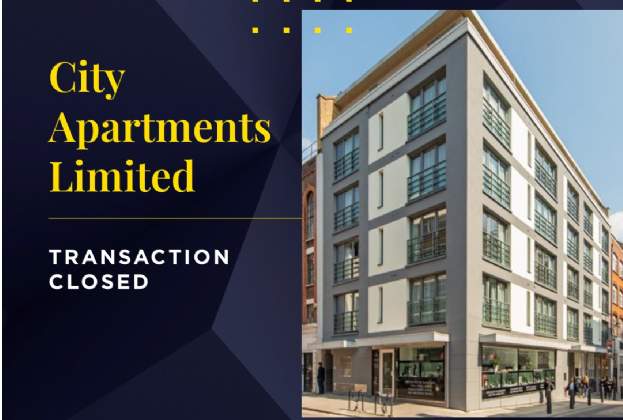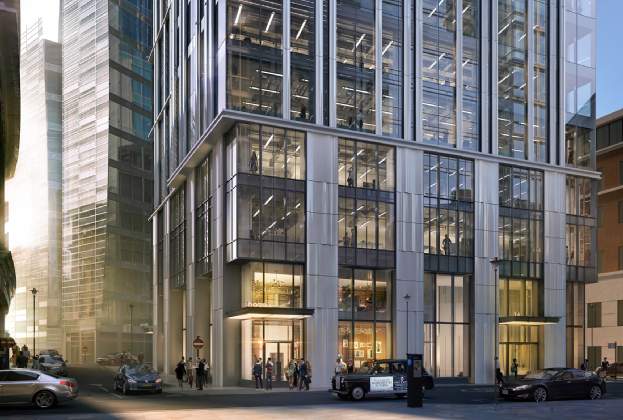The extended stay market has recently become a well-established sub sector in global hospitality, with a number of international operators expanding into new emerging geographies. For example, Accor’s Aparthotels Adagio is planning to almost double its portfolio from 116 in 2019 to 220 by 2023, with a presence in Europe, Latin America, the Middle East and Russia. Similarly, in 2017, Frasers Hospitality announced its plans to grow its global presence with eight new properties in the Middle East and Africa.
One key market in this regard is the Kingdom of Saudi Arabia (KSA) where the expanding corporate sector continues to provide widespread investment opportunities for extended stay operators. The country’s largely young and increasingly cosmopolitan population unlocks further opportunities for lifestyle-focused operators.
KSA’s population in late 2019 stood at approximately 33.7 million, an increase of almost one million since 2017, and is expected to continue to grow by over 1.5 per cent in 2020. Almost 10 million of these are expats, many of whom have worked in the country for a number of years. One big question for investors, operators and government bodies alike is at what point do serviced apartment and hotel stays turn into housing requests?
The answer to this question is usually based on the individual market. In Asia Pacific and the Middle East serviced apartments are often seen as a more secure and flexible option for the expat community. For example, standard residential leases in Hong Kong are for a minimum of two years, serviced apartments are far more flexible in terms of their length of stay.
In KSA, everyone who wants to secure a long-term rental agreement needs to have a residency visa and expats must have a letter of permission from the Ministry of Housing before they can purchase a property. This may take up to a year to process.
Furthermore, it is common for many expats to have accommodation allowances as part of their relocation contract. These allowances can include a certain amount being paid towards rent each month, arranged accommodation, having agency fees covered or the full package.
However, while the market is slowly starting to change, in part due to the Kingdom’s Vision 2030 project which encourages initiatives such as home ownership, many expats still experience challenges in finding the right residence for the right price.
Serviced apartments are, traditionally, cheaper than hotels and, unlike renting or owning a home, come without any additional administrative obligations and charges for water, electricity, and so on. Perhaps the biggest challenge is that housing demand currently still outstrips supply. However, this may soon change.
Sakani, a programme by Saudi Arabia’s Ministry of Housing to provide more than 500,000 homes to the kingdom’s citizens and raise home-ownership, was rolled out in 2017. It has since seen numerous projects being launched under the umbrella of the ministry, as well as in collaboration with private-sector organisations.
In a few years, expats and citizens alike will be spoilt for choice and be able to choose between renting or buying a home, staying in serviced apartments or in a hotel.
Further information
Read more: Spotlight: Saudi Arabia Hotel Market
.jpg)





.jpg)
.jpg)


.jpg)